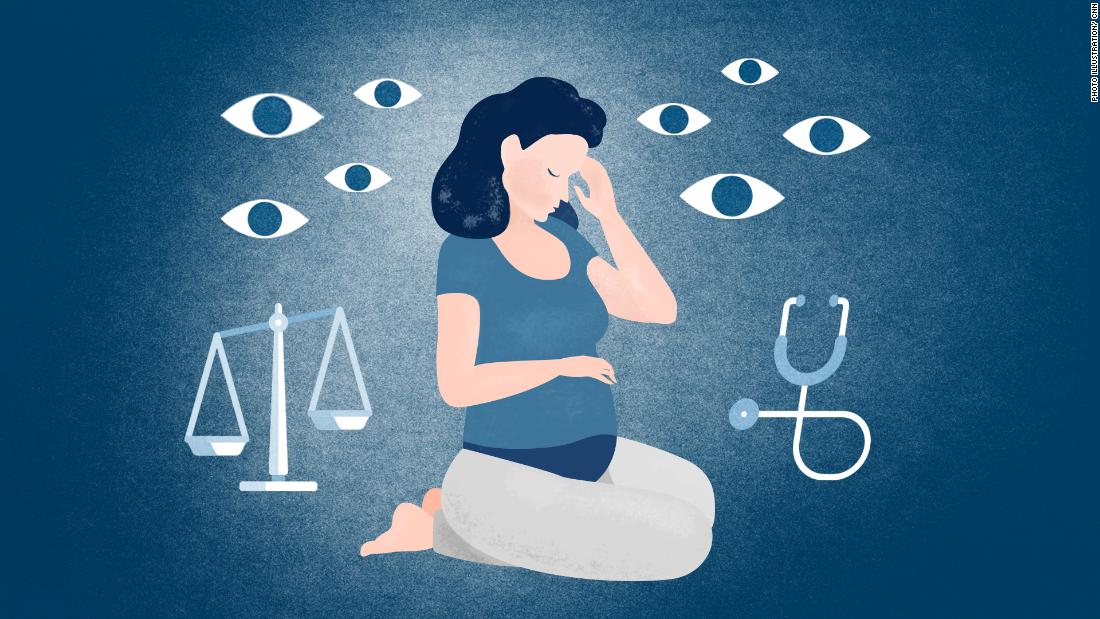By Terpsi Vasilopoulou,
Before the 19th century abortion had been widely practiced and legal under common law in early pregnancy and it was not until a backlash against the women’s rights movement started that the western world started passing laws against abortion at all stages of pregnancy. Such laws limiting the rights and freedoms of women acted as a trigger for the start of what turned out to be a huge movement supporting the need of a choice to exist when it comes to wether a women will give birth to the child she’s carrying or end her pregnancy before that. Feminism as a theory and its supporters as someone would assume is in favour of that movement and claims that women should have the option to end their pregnancies giving greater emphasis to some cases than others. However, are pro choice arguments truly a reflection of modern day feminism both when that comes to its ambitions and contradictions?
The womens rights movement started in 1848 when women realised, they weren’t and hadn’t been satisfied with the terms they were living under but envied their husbands lives when it came to their careers and freedoms, wanting to do something more or different other than nurturing their children and taking care of their households. That’s when women started the conversation on broadening their rights when it came to the legislative system as well as altering the very specific role they were given by society. Wether women wanted to get married, have children and devote themselves to that cause of family and bringing up their offsprings or they dreamed of a place in education, the workforce, politics etc, feminists right at that moment started fighting for that choice to exist for them in life and so each and every woman could shape her reality for herself, a freedom which men theoretically already enjoyed. That movement was all based on the belief that both sexes are equal and therefore should be treated the same way, enjoy the same freedoms and rights and answer to the same obligations and standards. Self determination was one of the first things the feminist movement started claiming for women trying to secure the right of owning their own bodies and being the only ones in charge of themselves. When examining the case of prochoice arguments today, it is clear why feminism aligns with their advocates, rooted in the classical liberal affirmation of every man’s right to own his own body. this way it is taking a stance with a woman’s right to have a choice, an option on the progress of her life.

However, as the years went by feminists found themselves supporting their different claims with two very different theories creating contradiction within the movement. As the feminist movement started academics researching on gender roles started to claim that men and women are equal and therefore should be treated equally and have the same place in modern society. However as the years went by many feminists started building with their claims and thoughts, what is now called superiority feminism, supporting the existence of a separate and morally superior female mind with a distinctive set of values and therefore cancelling every previous statement they had fought for that claimed the androgynous character of aesthetic imagination and the gender lees nature of scientific thought. Some of the pro choice arguments are feeding this contradiction by being based on superiority feminism. More specifically they support that a woman’s morality is private while a man’s is public. In this spirit abortion is an extremely personal decision no man can judge. This logic declares the subject of abortion off limits to men. But since when has biology determined the arenas in which human beings can make moral judgments? Not giving the right to men to express their opinions democratically could lead to the exception of women opinion in many other matters too. In a society where we all co exist with equality and democracy as our values everyone’s voice needs to be heard with our morals and laws making the last call
To conclude I believe abortion is a really personal matter and no one that has never undergone such a procedure, man or woman, can completely comprehend what it entails exactly. It is important that you give a woman the right of choice when it comes to her own body and life, since most of us know that bringing a child into life is probably the easiest part of becoming a parent. Besides that, there are also cases of rape and abuse that result to pregnancies and under those circumstances even more factors come to influence that decision. A choice should definitely be given, free of guilt and shame. At the same time if societies wanted to completely stop operating abortions the best way to do so is not to band them or make them illegal, that would only make the cases more dangerous and not stop them as history has proven, but to limit the number of unwanted pregnancies. educating everyone, when they start becoming sexually active, on contraception and making access to it easier are two factors that and definitely play a crucial role and result to less abortion who challenge the morality of many and are determining to the lives of others.
References
- M. Bayles, Feminism and Abortion, The Atlantic. (1990) Available here
-
Browne, V. (2022). Anti-abortion feminism: How is this even a thing? Radical Philosophy. Available here
-
Pragmatism, Feminism, and the Sameness-Difference Debate on JSTOR. Available here




